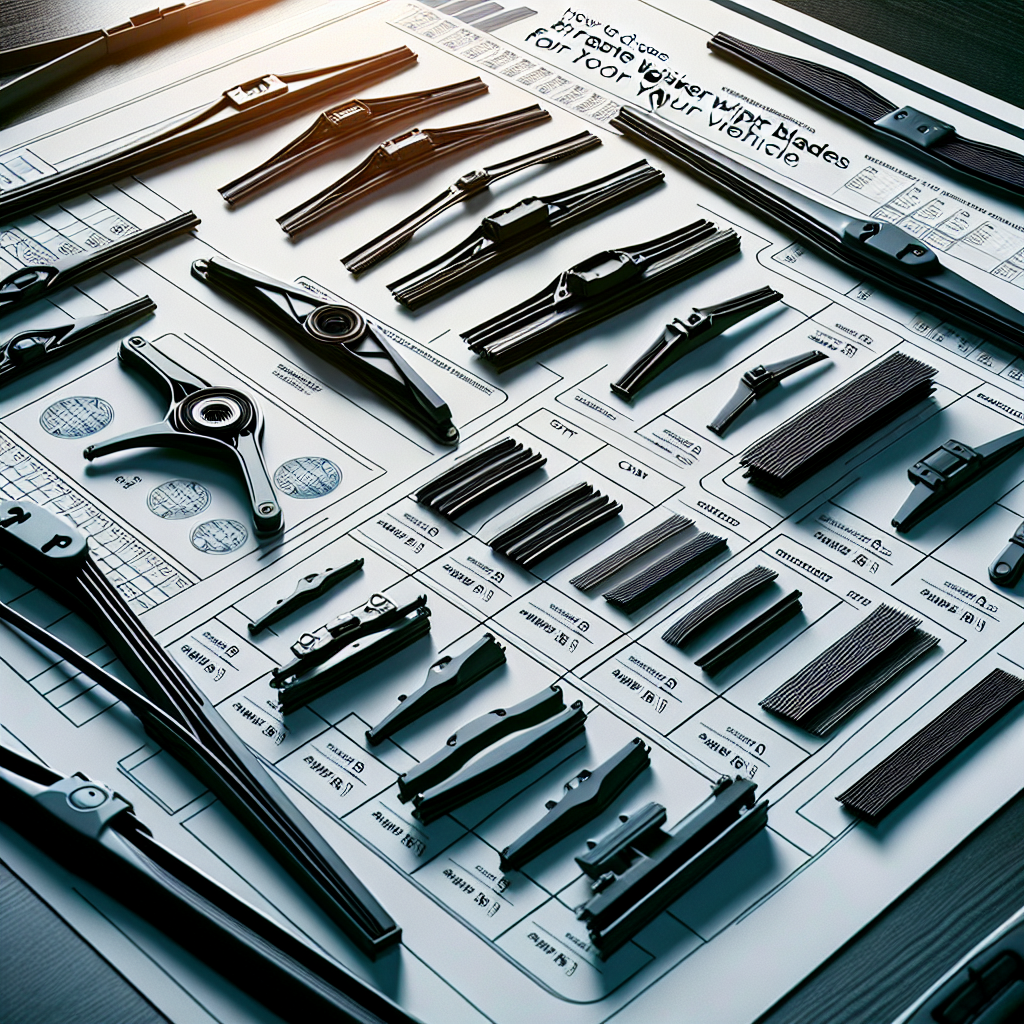When we talk about American automotive history, we’re discussing more than just metal, rubber, and fuel. We’re delving into a rich tapestry of innovation, culture, and craftsmanship that has shaped the landscape of the United States over the past century. From the birth of the assembly line to the advent of electric and autonomous vehicles, American car craftsmanship is a testament to creativity and ingenuity.
A Century of Innovation
American car manufacturing officially kicked off in the early 1900s, with Henry Ford’s introduction of the Model T in 1908. This car was revolutionary not just for its design but for the way it was produced. The assembly line process implemented by Ford changed the game, making cars affordable for the average American and spurring a new era of mass production.
Throughout the decades, American car manufacturers have continually pushed the envelope. The 1920s and 1930s saw the rise of luxury cars like the Duesenberg, celebrated for their elegance and power. After World War II, the focus shifted towards muscle cars in the 1960s and 1970s, with icons like the Ford Mustang and Chevrolet Camaro capturing the spirit of freedom and power.
Design: Form Meets Function
The design philosophies that drove American auto manufacturers were diverse, yet each focused on blending form with function. The sleek lines and chrome accents of the 1950s spoke to a future-oriented society eager to leave wartime austerity behind. This vision evolved with the muscle cars of the 1960s and 1970s, which emphasized raw power and aggressive styling.
While European cars often emphasized compactness and efficiency, American cars were about space and comfort, reflecting an era of growth and prosperity. The attention to detail in the interior designs also set a precedent for comfort and luxury that many manufacturers strive to meet even today.
Technological Advances
The past century has also been marked by significant technological advancements in American car manufacturing. From the introduction of automatic transmissions and anti-lock brakes to the development of hybrid and electric vehicles, American companies have been at the forefront of automotive technology.
More recently, the push towards self-driving technology has seen significant contributions from American companies like Tesla and Alphabet’s Waymo. These innovations not only focus on passenger safety but also aim to reduce the environmental impact of traditional gas-powered vehicles.
Cultural Impact
American cars have not only impacted the economy but also the culture. Cars such as the Cadillac and Lincoln became symbols of status, while brands like Jeep have become synonymous with rugged adventure. Films, music, and advertising have further immortalized these iconic vehicles, making them a permanent part of American and global culture.
Maintaining and Celebrating the Heritage
Owning a piece of American automotive history is a responsibility as much as it is a privilege. Proper maintenance and sourcing authentic auto parts are crucial for preserving these classics. Websites like Hagerty (https://www.hagerty.com/) offer invaluable resources for classic car owners, from insurance to valuation and even sourcing rare parts.
At Missing Gear, we understand the importance of maintaining the heritage of American car craftsmanship. Our comprehensive range of auto parts ensures that you can find the perfect match for your classic or modern American vehicle. Whether you’re restoring a vintage Cadillac or upgrading your Mustang, our extensive collection of parts is designed to keep your car running smoothly while preserving its original charm.
In conclusion, celebrating 100 years of American car craftsmanship is about appreciating the innovations, designs, and cultural impacts that these vehicles have brought into our lives. It’s about recognizing the dedication and passion that have driven a century of automotive excellence and looking forward to the future advancements that lie ahead.


